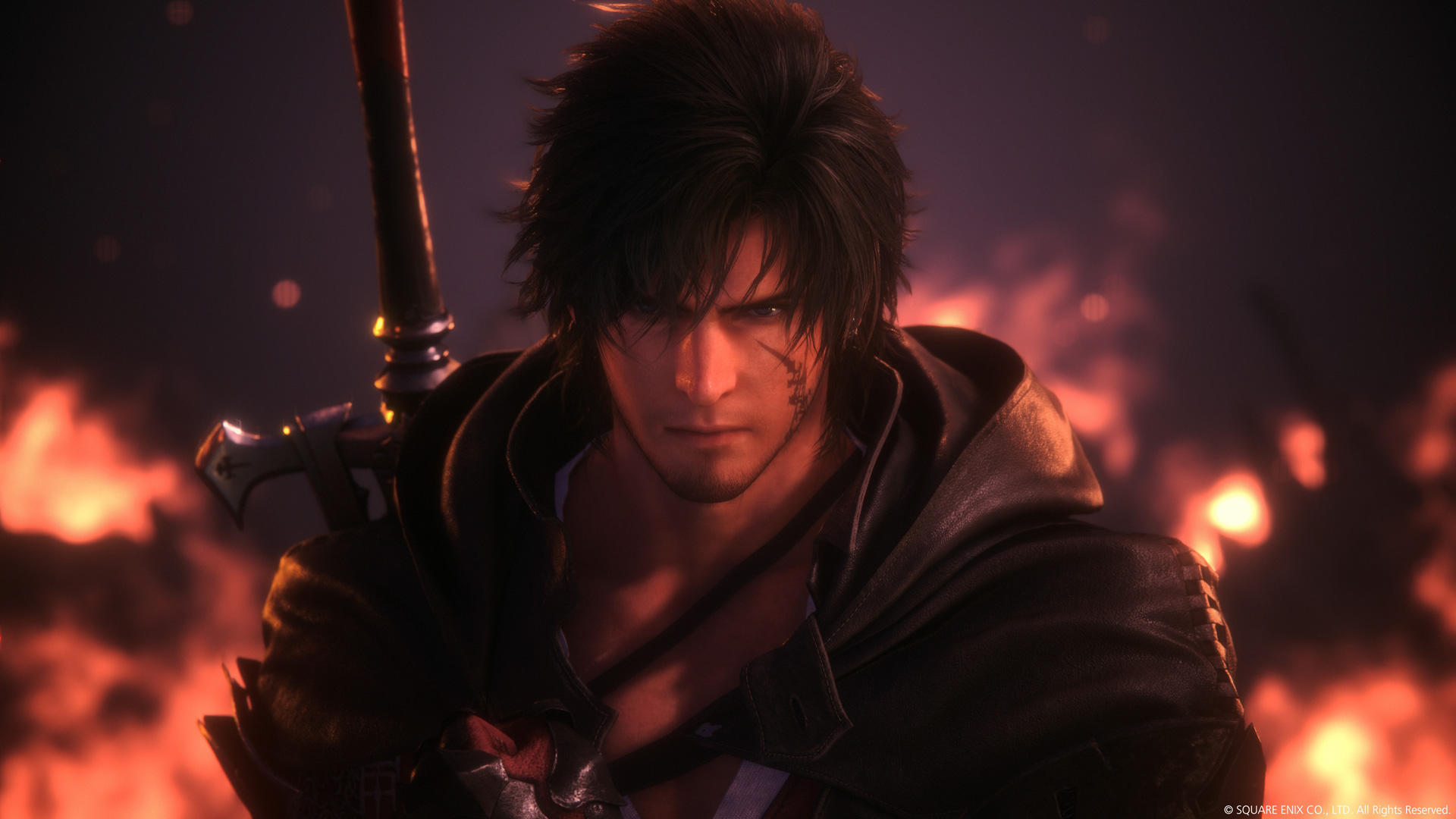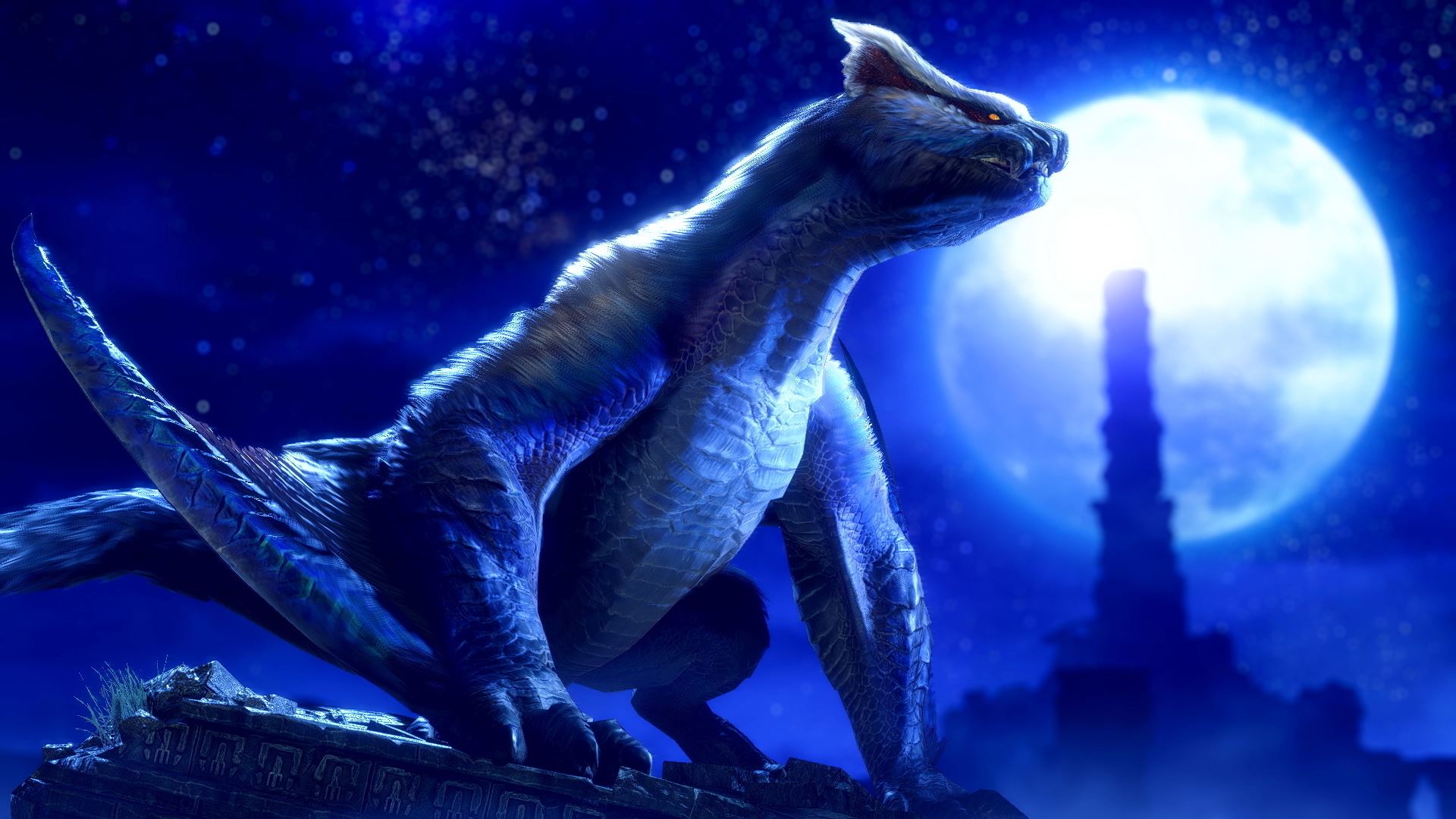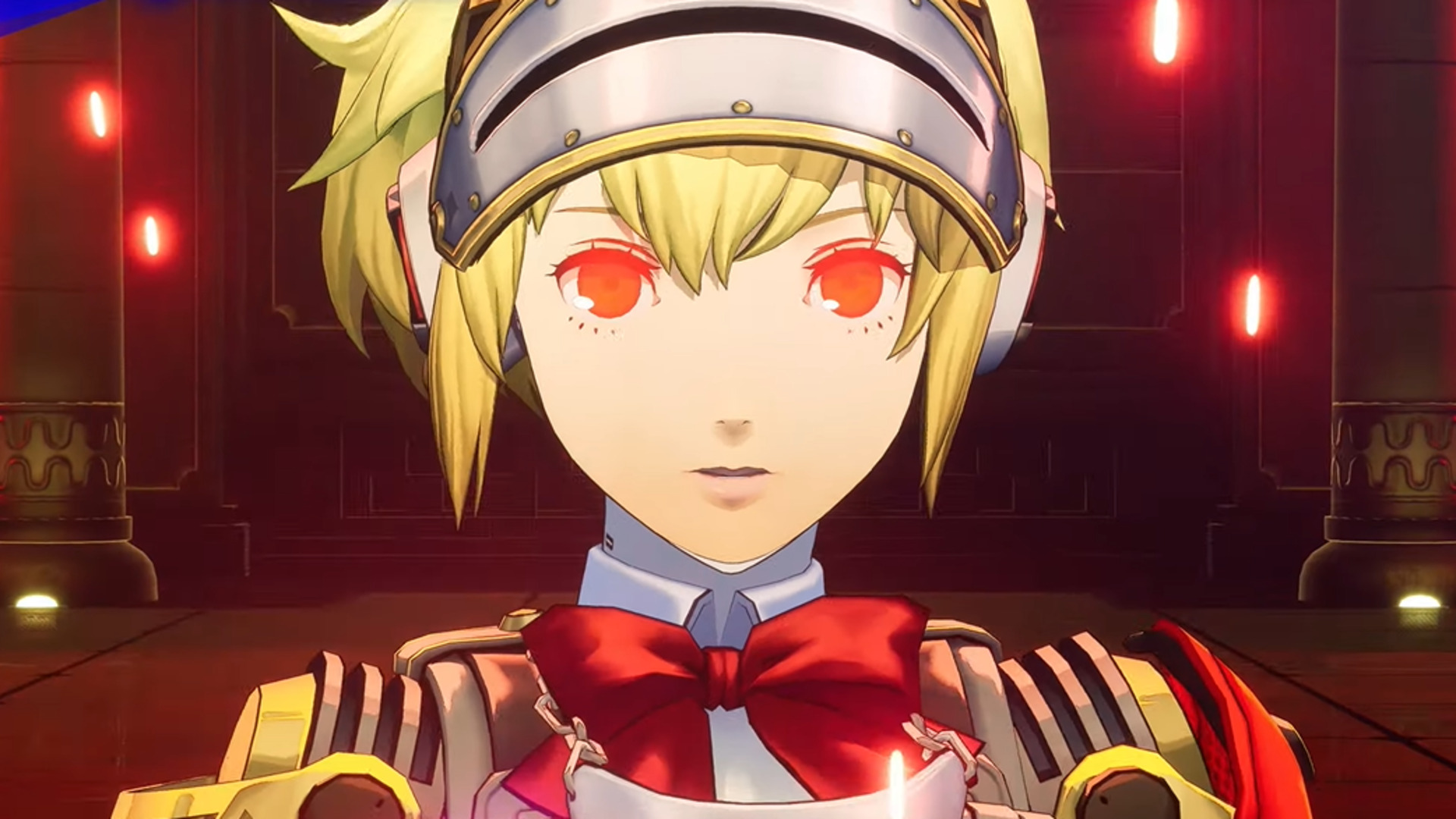Following Japanese giants like Sony and Capcom, JRPG powerhouse Square Enix says it wants "to win over PC users" as the Final Fantasy 16 port nears completion
PC is a "growth market," and Square isn't the only that thinks so

JRPG powerhouse Square Enix is working through the growing pains of shifting "from quantity to quality" with its games output, and a key component of its new "aggressive" multiplatform strategy is a direct appeal "to win over PC users."
In a new outline of its medium-term business plan, Square Enix stresses a push to "diversify earnings opportunities by strengthening customer contact points." Which is a very business-y way to say: we want to sell things to more people in more places. PC has become a key place, as this more straightforward line demonstrates: "Pursue initiatives designed to win over PC users, which represent a growth market."
"Growth market" is a significant detail here, because it echoes the evaluation of the PC player base in the eyes of not just Square Enix, but many Japanese game studios and companies. The likes of Capcom, Atlus, Sega, Sony, and more have made similar pushes into PC gaming, and it's all paid off so far.

Just today, Capcom celebrated 100 million copies sold for the Monster Hunter series. Special attention was paid to Monster Hunter World and Monster Hunter Rise, the first- and second-best selling games in Capcom's entire library, which were both released on PC. Hammering it home, Capcom notes that with Rise and its Sunbreak expansion, it "has been promoting wider platform support and long-term worldwide digital sales for these titles," and PC is a quietly massive factor here. Rise not only got a better PC port than World, its PC port didn't lag behind the console content like World's often did. "We always get a lot of fan requests for PC ports," Monster Hunter producer Ryozo Tsujimoto said in 2021.
Sony, meanwhile, just announced that Helldivers 2 is its fast-selling game ever, beating the record previously set by God of War Ragnarok. There are obvious differences between single-player epics like Ragnarok and live service behemoths like Helldivers 2, but there's another massive difference between them too: most Helldivers 2 players are on PC.
It's no coincidence that this success was Sony's first simultaneous PC launch, and it's no wonder the company was already working on its own "aggressive" plan to invest more in PC. Ghost of Tsushima is right about to hit Steam – amid still-burning PSN hangups that represent their own growing pains – and new reports claim God of War: Ragnarok is coming next, potentially much sooner compared to the cadence of the first game's PC port.
There are multiple factors behind this PC boom, of course, the rising costs of game development being a big one, with companies looking to extract more money from expensive projects by – here it comes again – selling them to more people in more places. God of War is a good example here: Sony already got the exclusivity squeeze, and now it can wring out a little more juice from another audience by selling a game it already made on PC.
Sign up to the GamesRadar+ Newsletter
Weekly digests, tales from the communities you love, and more

The reason this can feel so localized to Japanese companies specifically is partly down to Japan being a major player in the games industry but PC being a historically minor platform for the region – which for years was something of a 'starving the beast' scenario of limited support begetting limited interest – but an increasingly important one recently. In the past few years, Japanese games on PC have enjoyed explosive growth that's loudly proven that there's an appetite for these games on this platform. (This has come alongside Japan-side social booms like vtubing and cross-platform PC and mobile hits that have helped drive players to PC in, I very seriously believe, a non-trivial way.)
Atlus (through Sega) has been bringing the Persona games to PC after the predictable success of the Persona 4 Golden port, most recently Persona 3 Reload. Let's not forget that Palworld is a Japanese hit, too, albeit a uniquely positioned one. Granblue Fantasy Relink is another standout from this year's releases, at one point nearly racking up more Steam players than Persona 3 Reload and Like A Dragon: Infinite Wealth combined. Solo Japanese dev Keizo spent 15 years making what's now one of the highest-rated JRPGs on Steam, which was actually a smash hit on PC first and then ported to Nintendo Switch.
Jump back to Square Enix and it feels like the publisher is slowly catching up to this trend, now very literally trying "to win over PC users." The timeline is a little strange given the PC foothold Square already has in Final Fantasy 14, but at least we're here now.
Final Fantasy 16 and Final Fantasy 7 Rebirth remain PS5 exclusives for the time being; a PC port for the former is in its "final stages," while the latter is locked to PS5 until at least May 29. Square's only Steam releases this year so far have been Dragon Quest Builders, which was a little odd because the second game came to PC years ago, and Saga Emerald Beyond. This ties into another lesson that Square Enix has been owning up to: actually telling people about its games.

Austin has been a game journalist for 12 years, having freelanced for the likes of PC Gamer, Eurogamer, IGN, Sports Illustrated, and more while finishing his journalism degree. He's been with GamesRadar+ since 2019. They've yet to realize his position is a cover for his career-spanning Destiny column, and he's kept the ruse going with a lot of news and the occasional feature, all while playing as many roguelikes as possible.


